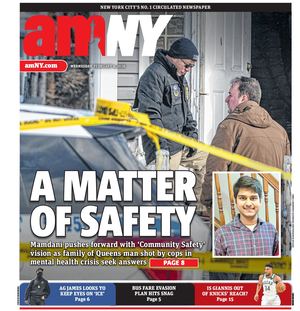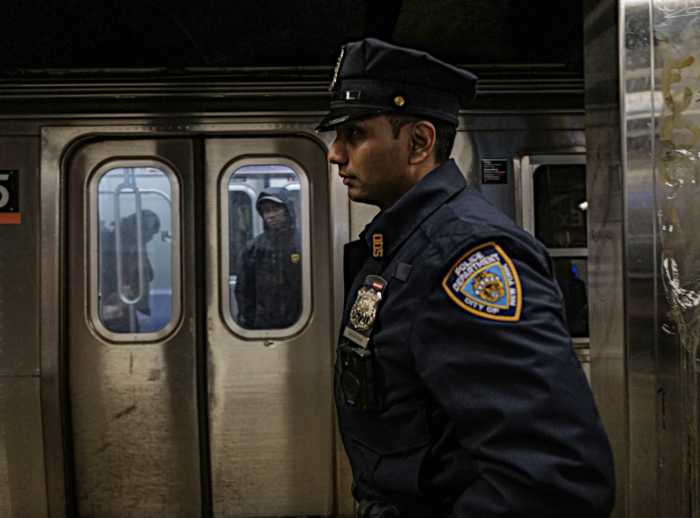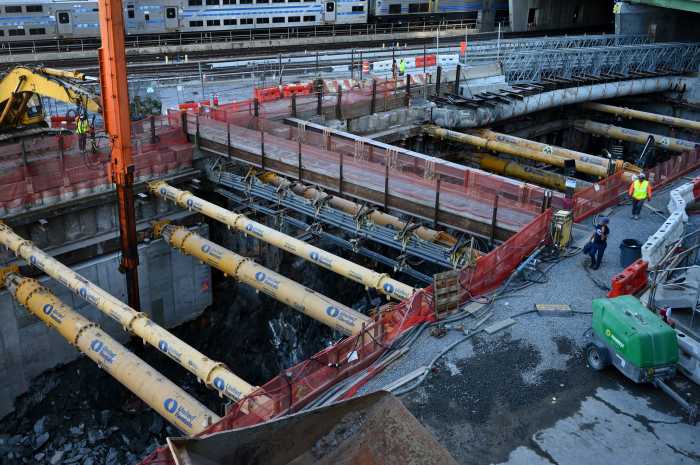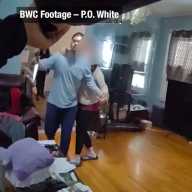Mayor Bill de Blasio unveiled a plan Monday to eradicate lead poisoning in children by scrutinizing more buildings, launching an education campaign and offering a wider array of medical support to those with elevated lead levels.
Nearly 53,050 children under the age of 6 have received test results from 2010 to fall 2018 indicating their blood lead level was 5 mcg/dL or greater, the threshold at which the city considers the case dangerous. About 1,704 of the children in that cohort were living in public housing when they were tested, according to a report released Monday by the de Blasio administration.
De Blasio pledged to drive down the number of children with concerning blood lead levels by expanding a law regulating the inspection and remediation of hazards in larger buildings to single and two-family homes.
Whenever children have blood lead levels above 5 mcg/dL, de Blasio said the city would assign a care coordination nurse to monitor the kid’s blood lead level and help organize treatment and other services, according to the city’s plan.
"We will be there for kids and parents every step of the way, until we drive this problem to zero," de Blasio said in a statement.
The city Department of Health and Mental Hygiene said it will be hiring 12 new nurse care coordinators to their team who will work with each affected child until they are cleared of the toxic lead levels.
De Blasio said he expected that smaller landlords would abide by the new rules by properly inspecting and remediating hazards in their buildings.
"If they are not doing [inspections], yes, we will go in and do them ourselves when we need to," de Blasio told reporters at a news conference Monday.
The mayor said the city would test 135,000 public housing units for lead and abate related concerns by the end of 2020. The city is currently attempting to negotiate a settlement agreement with the federal government, which sued the city for failing to maintain safe apartments in its public housing portfolio by not abating lead paint and other hazardous conditions.
Despite de Blasio’s optimism, Matthew Chachère, an attorney who has represented families dealing with lead paint hazards, said his plan did not do enough to ensure the city was prepared to enforce the regimen of inspection and abatement rules landlords are expected to abide by.
"Unless you have meaningful enforcement, this accomplishes very little," said Chachère, staff attorney at the Northern Manhattan Improvement Corp.




































